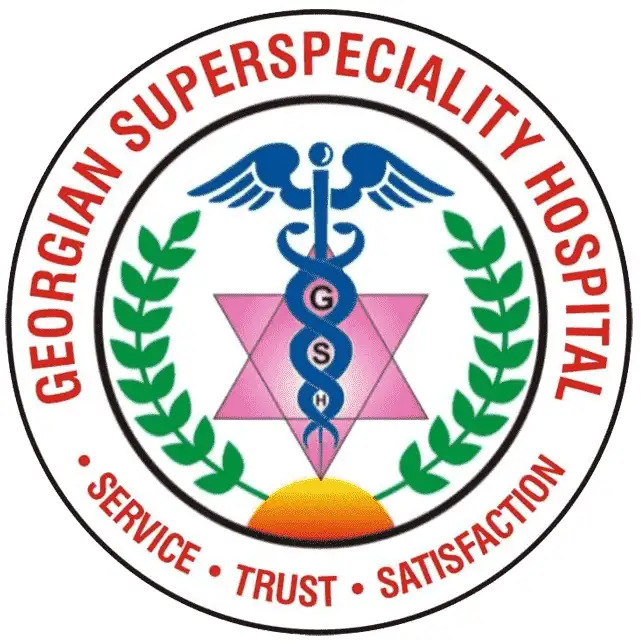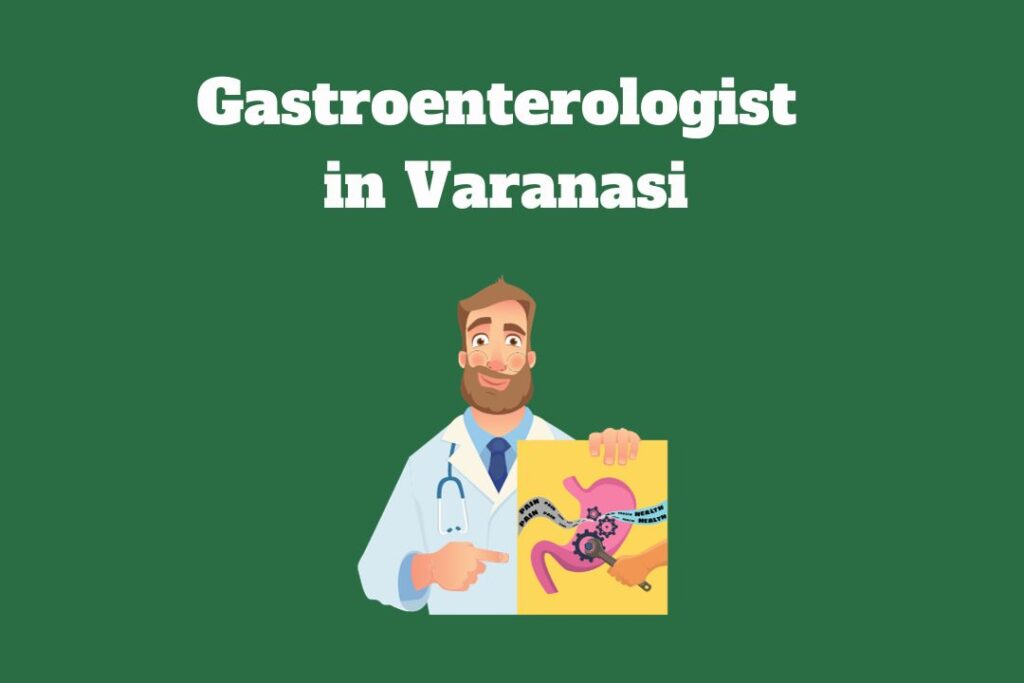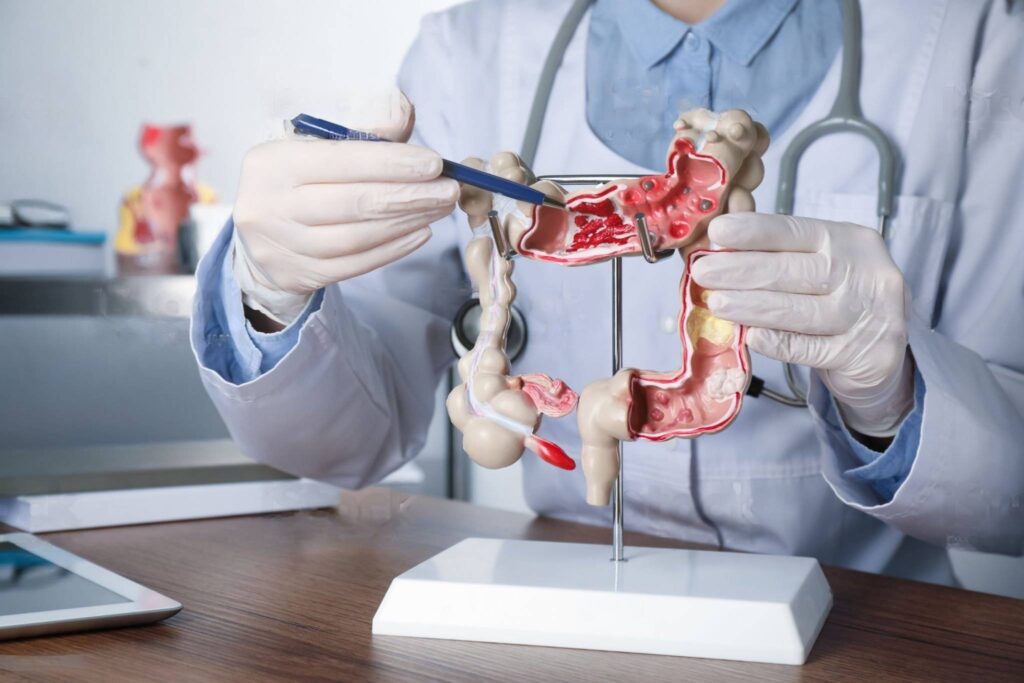Gastric problems, often accompanied by discomfort and embarrassment, can affect anyone at any time. From flatulence and bloating to heartburn and indigestion, these issues can significantly impact our daily lives. In this comprehensive guide, we will delve into the causes, symptoms, and treatment options for stomach problems, with a particular focus on resolving these issues. Whether you’re seeking expert advice or home remedies, this blog has you covered.
Gastric Problem Causes
Gastric problems can have a multitude of causes, some of which are related to our dietary habits, lifestyle, or underlying medical conditions. Identifying the root cause is crucial for effective treatment. Let’s explore some common causes:
1. Dietary Choices:
– Consuming spicy, fatty, or greasy foods can trigger gastric discomfort.
– Overindulgence in carbonated drinks or alcohol may lead to gas and bloating.
2. Lifestyle Factors:
– Eating too quickly without proper chewing can cause air to enter the stomach.
– Smoking can lead to the swallowing of excess air, contributing to flatulence.
3. Stress and Anxiety:
– High-stress levels can disrupt the digestive process, leading to gastric problems.
4. Medical Conditions:
– Gastroesophageal reflux disease (GERD) and irritable bowel syndrome (IBS) can result in chronic gastric issues.
5. Medications:
– Some medications, such as non-steroidal anti-inflammatory drugs (NSAIDs), can irritate the stomach lining.
6. Food Intolerances:
– Lactose intolerance and gluten sensitivity can cause gastric discomfort after consuming specific foods.
Understanding these causes is the first step towards addressing gastric problems effectively. Now, let’s explore other factors that can contribute to these issues.
Other Causes of Gastric Problem
Aside from the factors mentioned above, there are several other causes of gastric problems that are worth considering:
1. Infections:
– Bacterial infections like Helicobacter pylori can lead to gastritis and ulcers.
2. Pregnancy:
– Hormonal changes during pregnancy can slow down digestion, causing gastric discomfort.
3. Obesity:
– Excess body weight can put pressure on the stomach and lead to acid reflux.
4. Eating Disorders:
– Conditions like bulimia nervosa or anorexia nervosa can disrupt normal digestion.
5. Age:
– As we age, our digestive system may become less efficient, leading to increased gastric problems.
It’s essential to consult a healthcare professional to determine the specific cause of your gastric problems and receive appropriate treatment.
Gastric Problems Symptoms
Recognizing the symptoms of stomach problems is crucial for early diagnosis and effective management. These symptoms can vary in intensity and may include:
– Heartburn: A burning sensation in the chest or throat.
– Bloating: Feeling full and swollen in the abdomen.
– Belching: Frequent burping, often with a foul odor.
– Nausea: A sensation of queasiness or the urge to vomit.
– Abdominal Pain: Discomfort or cramps in the stomach.
– Flatulence: The release of excessive gas.
– Acid Reflux: Regurgitation of stomach acid into the esophagus.
– Indigestion: Difficulty digesting food, often causing discomfort.
It’s essential to note that these symptoms can vary from person to person and may overlap with other health conditions. If you experience persistent or severe symptoms, consult a healthcare professional for a proper diagnosis.
Gastric Problems Treatment
Treating gastric problems often involves a combination of lifestyle changes, medications, and in some cases, surgical interventions. The choice of treatment depends on the underlying cause and the severity of the condition. Here are some common treatment options:
1. Lifestyle Modifications:
– Dietary Changes: Avoid trigger foods and opt for a balanced diet with plenty of fiber.
– Eating Habits: Slow down while eating, chew food thoroughly, and avoid overeating.
– Stress Management: Practice relaxation techniques such as yoga or meditation to reduce stress-related gastric problems.
– Weight Management: If obesity is a contributing factor, losing weight may alleviate symptoms.
2. Medications:
– Antacids: Over-the-counter antacids can help neutralize stomach acid.
– Proton Pump Inhibitors (PPIs): These drugs reduce acid production and are often prescribed for acid reflux and ulcers.
– H2 Blockers: They reduce acid production and can provide relief from heartburn and indigestion.
– Antibiotics: If an infection is the cause, antibiotics may be prescribed.
3. Surgery:
– In severe cases, surgical procedures like fundoplication may be recommended to treat chronic acid reflux.
4. Alternative Therapies:
– Some individuals find relief through acupuncture, herbal remedies, or probiotics.
Always consult a healthcare professional before starting any treatment regimen to ensure the most suitable approach for your specific condition.
Other Home Remedies For Gastric Problems
In addition to medical treatments, there are several home remedies that can help alleviate gastric problems. These natural solutions are often gentle on the stomach and can provide relief for milder symptoms:
1. Ginger:
– Ginger tea or ginger capsules can help soothe the digestive tract and reduce nausea.
2. Peppermint:
– Peppermint tea can alleviate bloating and indigestion.
3. Chamomile:
– Chamomile tea has anti-inflammatory properties and can calm an upset stomach.
4. Fennel Seeds:
– Chewing fennel seeds or drinking fennel tea can relieve gas and bloating.
5. Activated Charcoal:
– Charcoal tablets can absorb excess gas in the digestive system.
6. Apple Cider Vinegar:
– Diluted apple cider vinegar may help balance stomach acid.
7. Probiotics:
– Probiotic supplements can promote a healthy gut microbiome, reducing digestive discomfort.
It’s important to note that while these home remedies can provide relief, they are not a substitute for professional medical advice, especially for chronic or severe gastric problems.
Frequently Asked Questions
Q1: How can I prevent gastric problems?
A1: To prevent gastric problems, maintain a balanced diet, chew food slowly, manage stress, and avoid trigger foods. Regular exercise and staying hydrated can also help.
Q2: When should I see a doctor for gastric problems?
A2: If you experience persistent, severe, or recurring gastric problems, or if they interfere with your daily life, it’s advisable to consult a healthcare professional for a proper diagnosis and treatment.
Q3: Can stress cause gastric problems?
A3: Yes, high levels of stress


